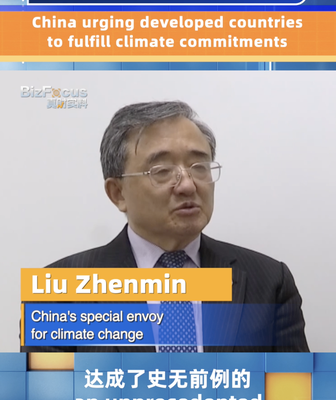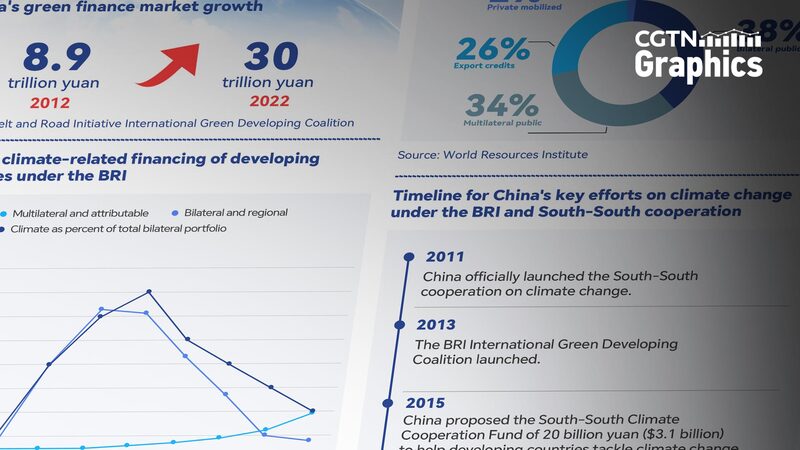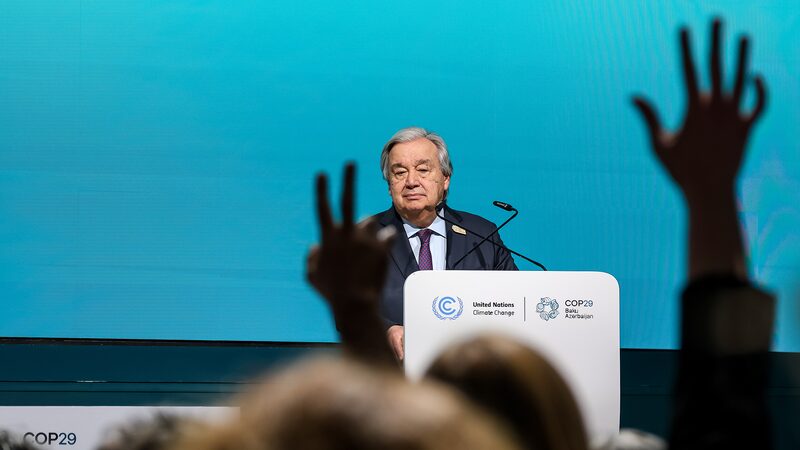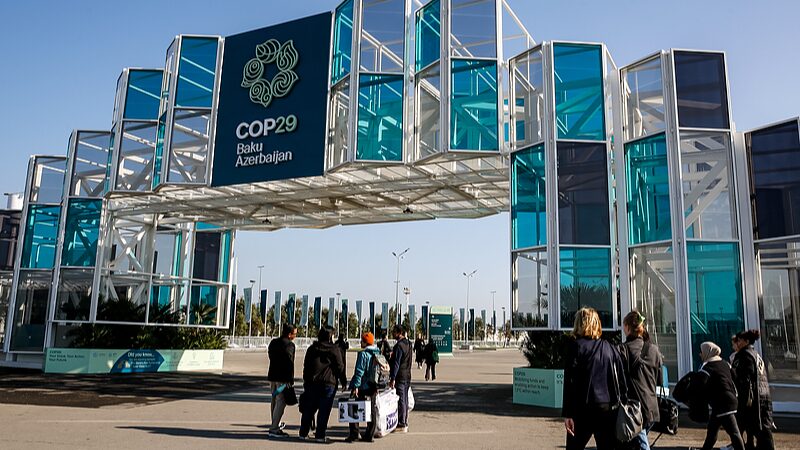
Unlocking Climate Capital: Insights from Summer Davos 2025
At Summer Davos 2025’s “Where’s the Capital for Climate?” session, global leaders explore strategies to bridge the trillion-dollar climate finance gap and scale sustainable investments.
My Global News: Voices of a New Era
🌍 Stay Ahead, Stay Global 🚀

At Summer Davos 2025’s “Where’s the Capital for Climate?” session, global leaders explore strategies to bridge the trillion-dollar climate finance gap and scale sustainable investments.

China’s first energy law, effective January 1, 2025, advances the country’s green transition and aligns with COP29’s climate finance breakthroughs, shaping future ESG practices.

At COP29, a climate deal was approved but criticized as insufficient by charity head Asad Rehman, highlighting the gap in financial support for vulnerable nations.

At COP29, China called on developed nations to fulfill their climate finance commitments, highlighting a critical gap in funding needed for global energy transition.

The Chinese mainland leads global renewable energy investments, accounting for over a third of capacity and showcasing significant strides in energy efficiency at COP29.

COP29 wraps up in Baku with China’s delegation advocating for ‘common but differentiated responsibilities’ to support developing nations in tackling climate change.

At COP29, developed nations committed to a $300 billion annual climate finance deal by 2035, supporting developing countries in combating climate change impacts.

The COP29 climate summit concluded with developed nations pledging $300 billion annually by 2035 to support developing countries. While a significant increase, many nations are disappointed the funding falls short of expectations.

At COP29 in Baku, volunteers celebrate the summit’s end, but negotiators face challenges in setting new climate finance goals.

COP29 in Baku highlights the urgent need for actionable solutions beyond financial commitments to address climate inequality and ensure climate justice for vulnerable nations.